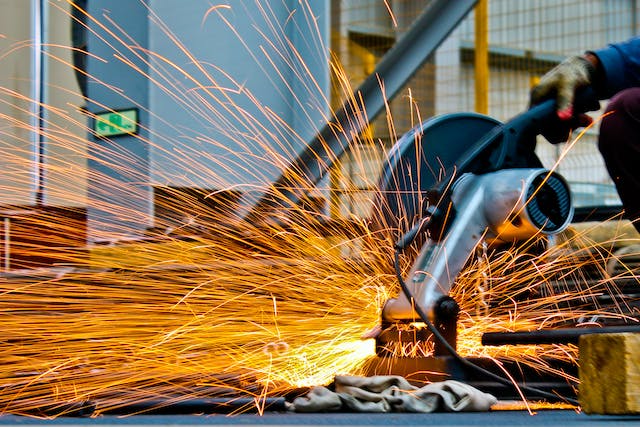A material tester is a vital tool in the field of construction materials engineering. It allows engineers to test the properties and characteristics of different materials. This ensures that they are suitable for their intended use.
Material testing is crucial in various industries. So, understanding how to select the perfect material tester for your industry is essential to ensure accurate and reliable results.
To know how to choose the right material tester, it is important to understand the criteria and considerations involved. Let’s discuss further below.
Continue reading.
Identify Your Industry’s Testing Requirements
Before selecting a material tester, it is important to understand the specific testing requirements of your industry. Each industry has different materials and components that need to be tested for their:
- strength
- durability
- other properties
For example, in the construction industry, concrete and steel are two crucial materials that undergo rigorous testing. The material tester used should be able to accurately test these materials according to engineering principles.
Identifying your industry’s testing requirements will help narrow down the options of material testers available in the market. It’s also advisable to seek advice from a consulting engineering firm or your industry association. That way, you can get a better understanding of the testing standards and regulations.
Consider the Material Types and Sample Sizes
The type of materials and the sample sizes also play a significant role in choosing the right material tester. Some industries may require testing on small samples. Others may need to test larger structures or components.
For instance, in the aerospace industry, materials like metals and alloys are used in large structures that require non-destructive testing methods. On the other hand, the medical industry may use smaller samples for testing biomaterials.
Understanding your material types and sample sizes will help determine the appropriate method and type of material tester needed.
Assess Testing Methods and Capabilities
Material testers come in various forms, from simple handheld devices to large-scale testing machines. It is important to assess the different methods and capabilities offered by each material tester before making a decision.
Some common testing methods include:
- tension
- compression
- bending
- fatigue
- impact testing
Depending on your industry’s requirements, you may need a material tester that can perform multiple types of tests or has specialized capabilities.
Budget and Cost Considerations
Another crucial factor to consider is your budget and the overall cost of the material tester. The initial investment may be significant. However, it is important to also consider:
- maintenance
- calibration
- repair costs
Some manufacturers offer training and support services. These can help in understanding and utilizing the material tester effectively. These services may come at an additional cost. However, it can be beneficial for industries with specialized testing requirements.
Performance and Precision
Accuracy and precision are crucial factors in material testing. It is essential to choose a material tester that can provide reliable and consistent results. Some key features to look for include:
- control systems
- data acquisition software
- quality assurance measures
Additionally, consider the repeatability and reproducibility of the material tester. This is because these are important indicators of its performance.
Choose the Right Material Tester for Your Industry
Selecting the perfect material tester for your industry requires a thorough consideration of various criteria and factors. By following these tips, you can make an informed decision. You can ensure accurate and reliable results.
Remember to always consult with experts. Conduct thorough research before making a purchase. This helps you ensure that your material tester meets all your testing needs. Happy testing!
For more articles, visit our blog. We have more!

